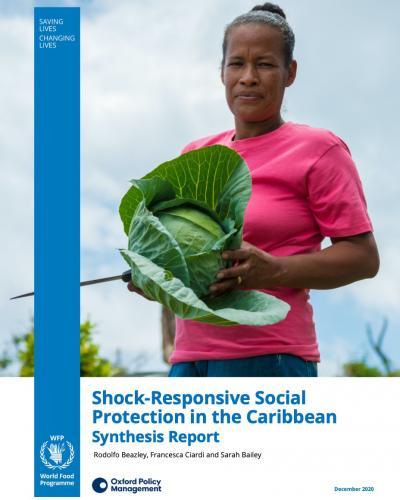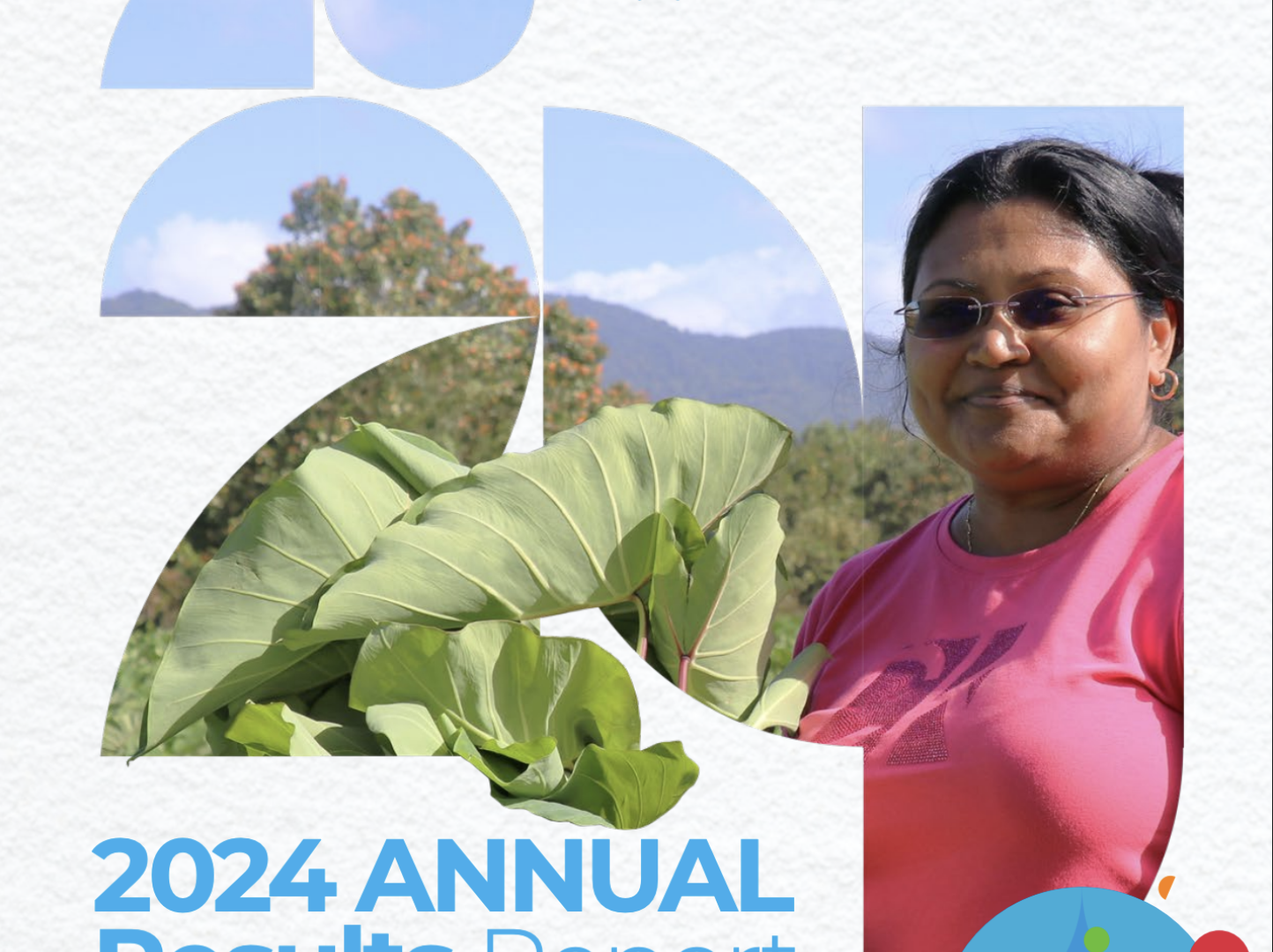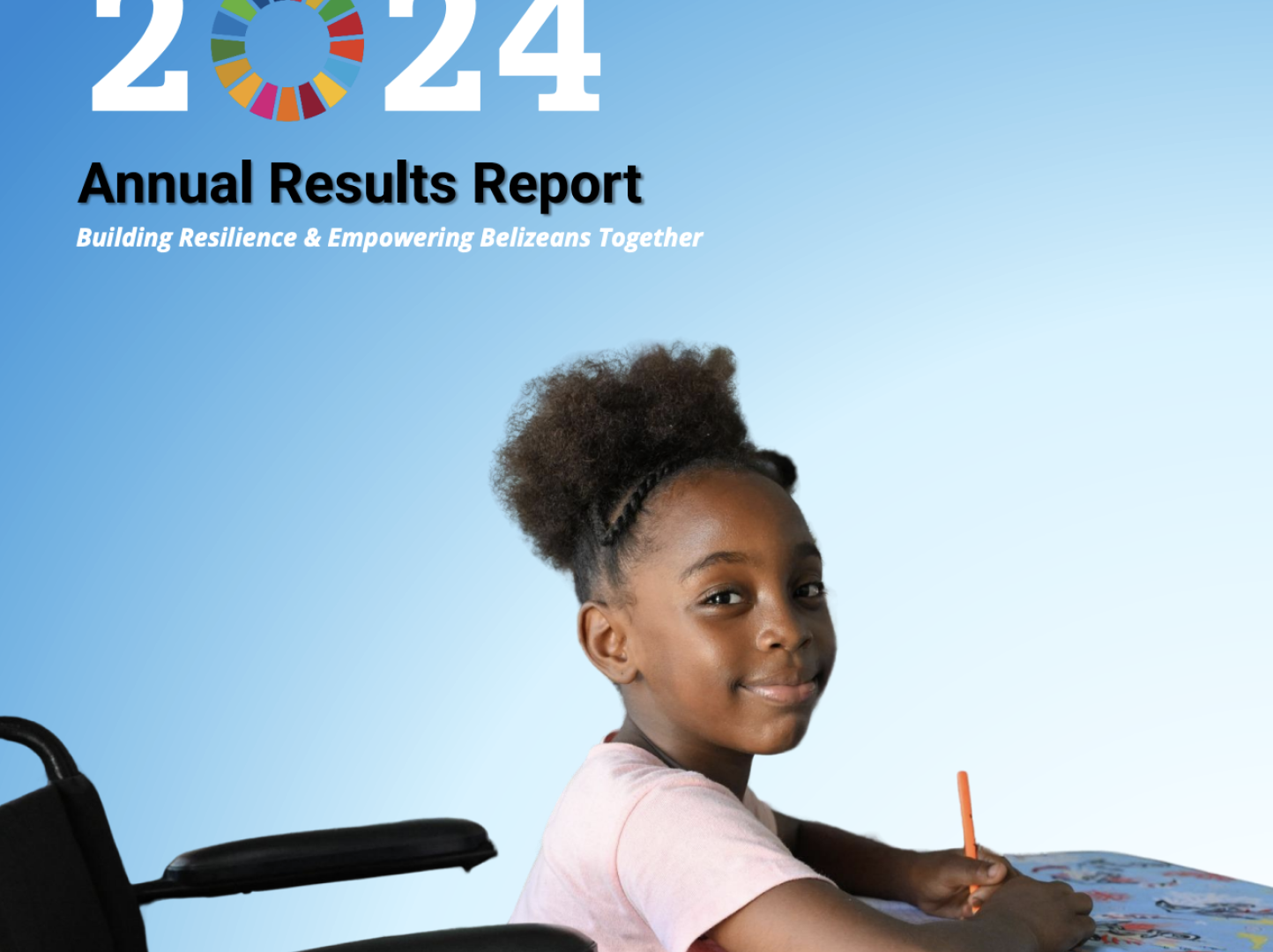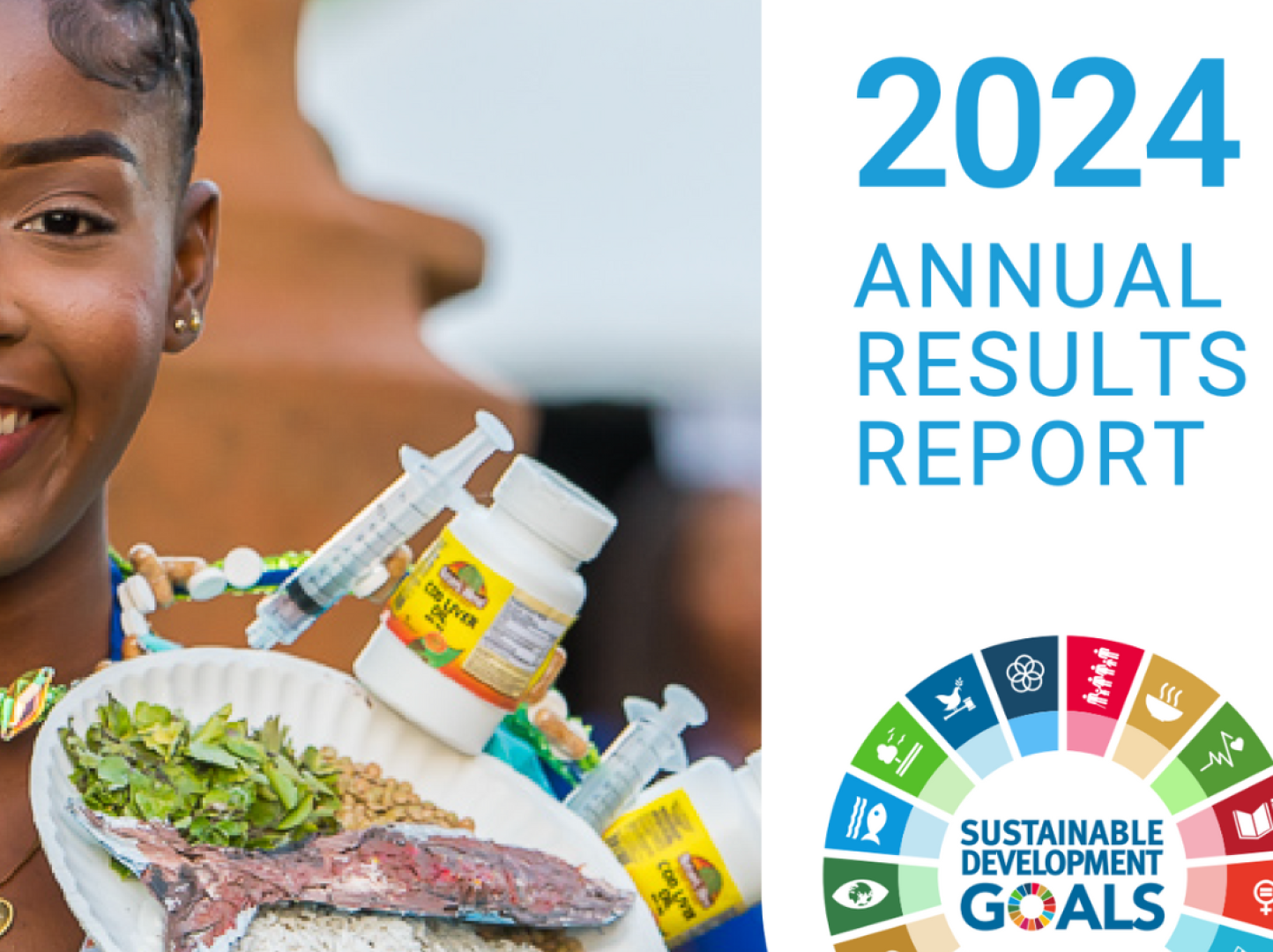Shock-Responsive Social Protection in the Caribbean Synthesis Report

These are formidable times to be discussing the role of social protection in responding to disasters and crisis. In 2020, the COVID-19 pandemic took a devastating toll on the lives and livelihoods of millions of people. In the Caribbean, measures to curb the spread of the virus coupled with the region’s vulnerability to external shocks dealt a serious blow to economies and people’s well-being. Governments in the region turned to social protection to buffer the wide-ranging impacts of COVID-19, introducing or adapting social protection measures to assist those most affected.
Such efforts are not new in the Caribbean. Examples of scaling up and adapting social protection in response to shocks date back to the mid-2000s. More recently social protection was used to support emergency responses in the Bahamas (Hurricane Dorian, 2019), Trinidad and Tobago (floods in 2018), the British Virgin Islands and Dominica (Hurricanes Irma and Maria in 2017). In the last decade, the role social protection in emergency response has occupied a more prominent position in governments’ strategies, policies, plans and investments.




















